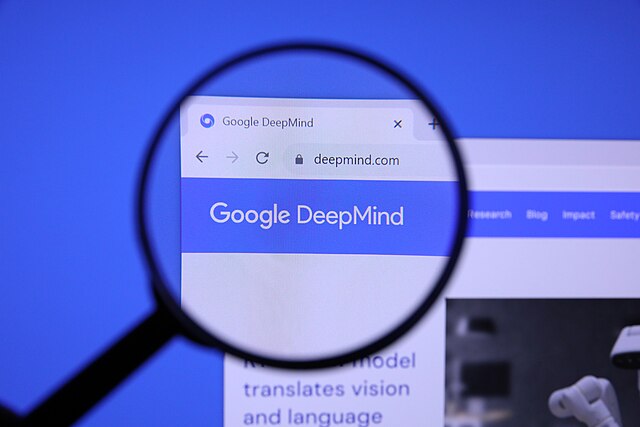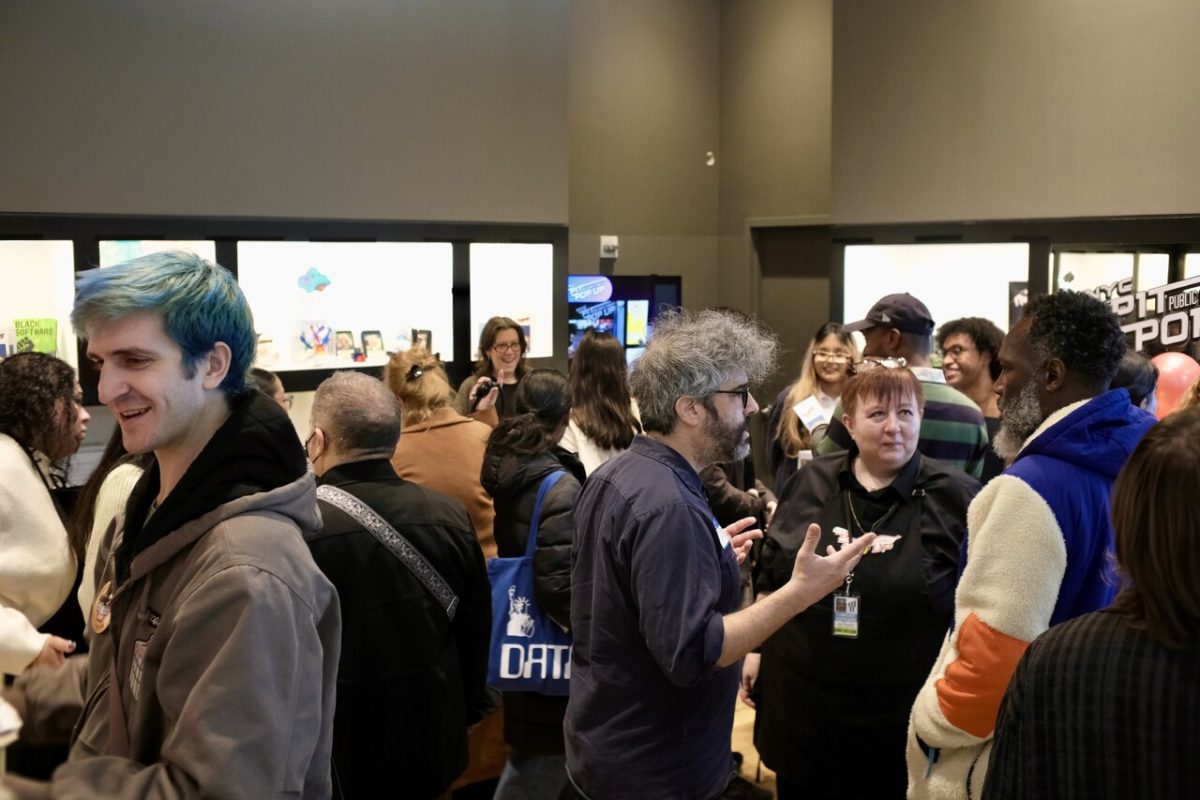The combination of the U.S. Capitol riot and Donald Trump’s tweets regarding the event have led big tech companies to do something nobody would have thought they’d do — ban the now former president from their platforms.
Trump’s Silicon Valley banishment started with the former president’s favorite social media megaphone, Twitter, and soon after several of the world’s prominent tech giants followed, issuing permanent bans on the former president’s social media accounts.
Trump’s banishment reignited the topic of free speech in our country and how far the first amendment can go in the 21st century, as well as the amount of power that big tech companies have in regards to censorship.
In the United States, 58% of U.S. adults said Trump’s social media banishment following the attack on the capital was the right choice according to the Pew Research Center.
Some question the motives of big tech and why they decided to block the former president now.
According to Jonathan Hauenschild, director of the communications and technology task force for the American Legislative Exchange Council, which serves as a conservative nonprofit organization, the move was tied with political motives.
“Right or wrong, they made a political decision,” Hauenschild told the Wall Street Journal.
How people view Trump’s social media banishment depends on who you talk to. If you speak to people who aligned themselves on the side of conservatism, it was a violation of his First Amendment right.
In the same study, Pew Research found that most conservative republicans believe that social media companies should not remove controversial content that is posted by elected officials.
Republican Sen. Marco Rubio believes that the impact of big tech platforms’ decisions to censor voices proves that the tech industry has too much influence over public conversation.
“We are now living in a country where four or five companies, unelected, unaccountable, have the monopoly power to decide, we’re gonna wipe people out, we’re going to erase them, from any digital platform, whether it’s selling things and the like,” the Florida senator said in an interview with Fox News.
For the left, Trump’s censorship is a win as a dangerous voice has been silenced, thus preventing further harm on social media. Despite this, some on the left have argued the tech giants wield too much power.
“It’s easy for the left to cheer when racists, fascists, and reactionaries are de-platformed by tech companies,” Ben Burgis wrote for Jacobin Magazine.
“But the censors aren’t our friends. We should champion free speech online — and argue that the best way to protect it is with a socialist program that brings privatized social media platforms into public control.”
Burgis argues in his article that just as big tech shut down Trump and the right, the same could happen to someone like New York Congresswoman Alexandra Ocasio-Cortez or other progressive Democrats.
Censorship is a never-ending debate that will only continue to heat up and further divide both sides of the political spectrum.









